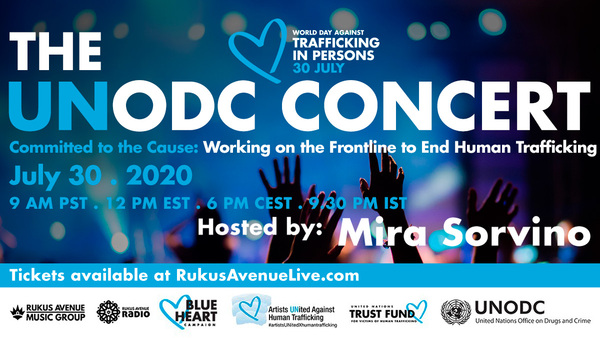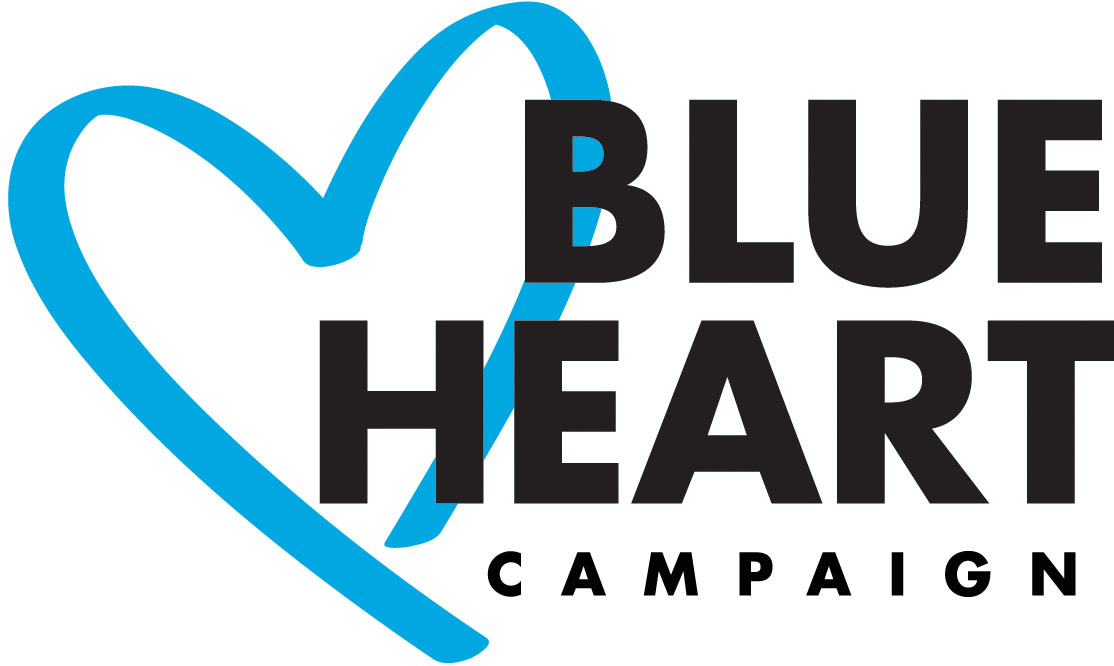Working on the front lines to end human trafficking
This year, we will focus on the first responders to human trafficking. These are the people who work in different sectors - identifying, supporting, counselling and seeking justice for victims of trafficking, and challenging the impunity of the traffickers.
During the COVID-19 crisis, the essential role of first responders has become even more important, particularly as the restrictions imposed by the pandemic have made their work even more difficult. Still, their contribution is often overlooked and unrecognized.
Through stories from first responders describing their practical work in assisting victims we intend to spotlight their contribution and that of their function, institution, organization, team, or community and its impact on fighting trafficking. The key messages focus on the positive, recognizing the importance of the work done by first responders, as well as seeking support and raising awareness that these actions need to be sustained and replicated. The stories will also highlight how first responders remained committed during the pandemic.
Get involved by joining the conversation and using the hashtags #EndHumanTrafficking and #HumanTrafficking on all digital platforms.
Why a Blue Heart?
The Blue Heart represents the sadness of those who are trafficked, while reminding us of the cold-heartedness of those who buy and sell fellow human beings.
Sexual exploitation, forced labour, slavery…
Trafficking in persons is a serious crime and a grave violation of human rights. Every year, thousands of men, women and children fall into the hands of traffickers, in their own countries and abroad. Almost every country in the world is affected by trafficking, whether as a country of origin, transit or destination for victims. UNODC, as guardian of the United Nations Convention against Transnational Organized Crime (UNTOC) and the Protocols thereto, assists States in their efforts to implement the Protocol to Prevent, Suppress and Punish Trafficking in Persons (Trafficking in Persons Protocol).
The Protocol to Prevent, Suppress and Punish Trafficking in Persons defines Trafficking in Persons as the recruitment, transportation, transfer, harbouring or receipt of persons, by means of the threat or use of force or other forms of coercion, of abduction, of fraud, of deception, of the abuse of power or of a position of vulnerability or of the giving or receiving of payments or benefits to achieve the consent of a person having control over another person, for the purpose of exploitation. Exploitation shall include, at a minimum, the exploitation of the prostitution of others or other forms of sexual exploitation, forced labour or services, slavery or practices similar to slavery, servitude or the removal of organs.
The World Day against Trafficking in Persons was proclaimed by the United Nations General Assembly, in its resolution A/RES/68/192.
Virtual High-level panel for World Day Against Trafficking in Persons 2020
This virtual high-level event highlighted the crucial roles of a range of groups of people engaged in responding to trafficking in persons, particularly in the context of the global response to COVID-19.
High-level Panel Discussion
- H.E. Mr Valentin Rybakov, Permanent Representative of the Republic of Belarus (moderator)
- Ms. Ghada Waly, UNODC Executive Director (opening remarks)
- H.E. Mr. John Cotton Richmond, Ambassador-At-Large to Monitor and Combat Trafficking in Persons, United States
- H.E. Mr. Rubén Darío Cuéllar Suárez, Permanent Representative of Bolivia
- H.E. Mr. Marc Pecsteen de Buytswerve, Permanent Representative of Belgium
- H.E. Mr. Mohamed Fathi Ahmed Edrees, Permanent Representative of Egypt
- Ms. Sarah Lou Ysmael Arriola, Undersecretary for Migrant Workers’ Affairs, Department of Foreign Affairs, Philippines
- Ms. Phumzile Mlambo-Ngcuka, UN Women Executive Director
- Ms. Mira Sorvino, UNODC Goodwill Ambassador for the Global Fight against Human Trafficking
- Ms. Marcela Loaiza, Trafficking Survivor, Author and Activist
- Mr. Michael Brosowski, Founder and Co-CEO, Blue Dragon Children’s Foundation, Vietnam
Musical / dance interlude “I Am Lost” created by Arts for Justice Collective and Oaks Christian School
Did you know?
- People are trafficked for sexual exploitation, forced labour, forced begging, forced marriage; for selling children and as child soldiers, as well as for removal of organs;
- Women make up 49% and girls 23% of all victims of trafficking;
- Sexual exploitation is the most common form of exploitation (59% share) followed by forced labour (34% share);
- Most victims are trafficked within their countries’ borders – those trafficked abroad are moved to the richest countries.
Live virtual concert

Artists UNited against Trafficking in Persons
To mark World Day Against Trafficking in Persons on 30 July, the UN Voluntary Trust Fund for Victims of Human Trafficking, Especially Women and Children, managed by the United Nations Office on Drugs and Crime (UNODC), together with the Rukus Avenue Music Group, will air a live virtual concert at 12 PM EDT. Get your USD $1 ticket here.




